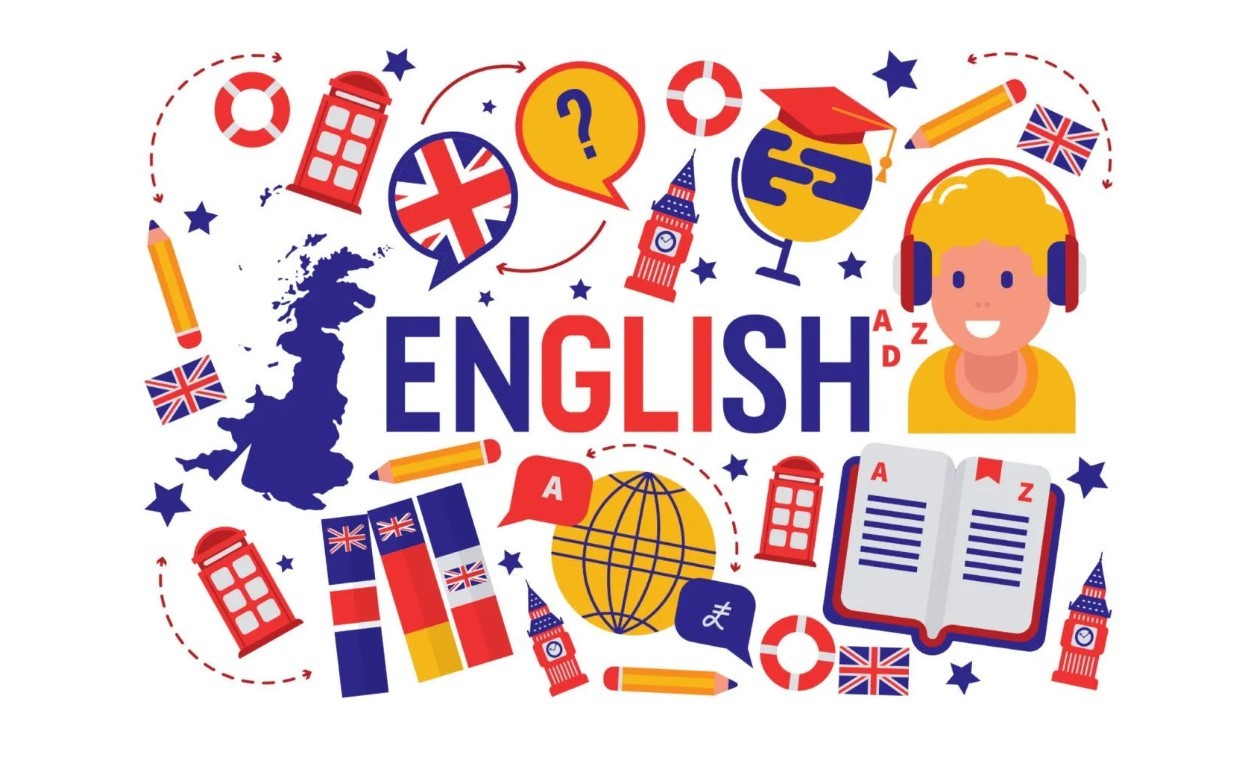How To Learn Vocabulary Effectively: Some Useful Methods and Tips
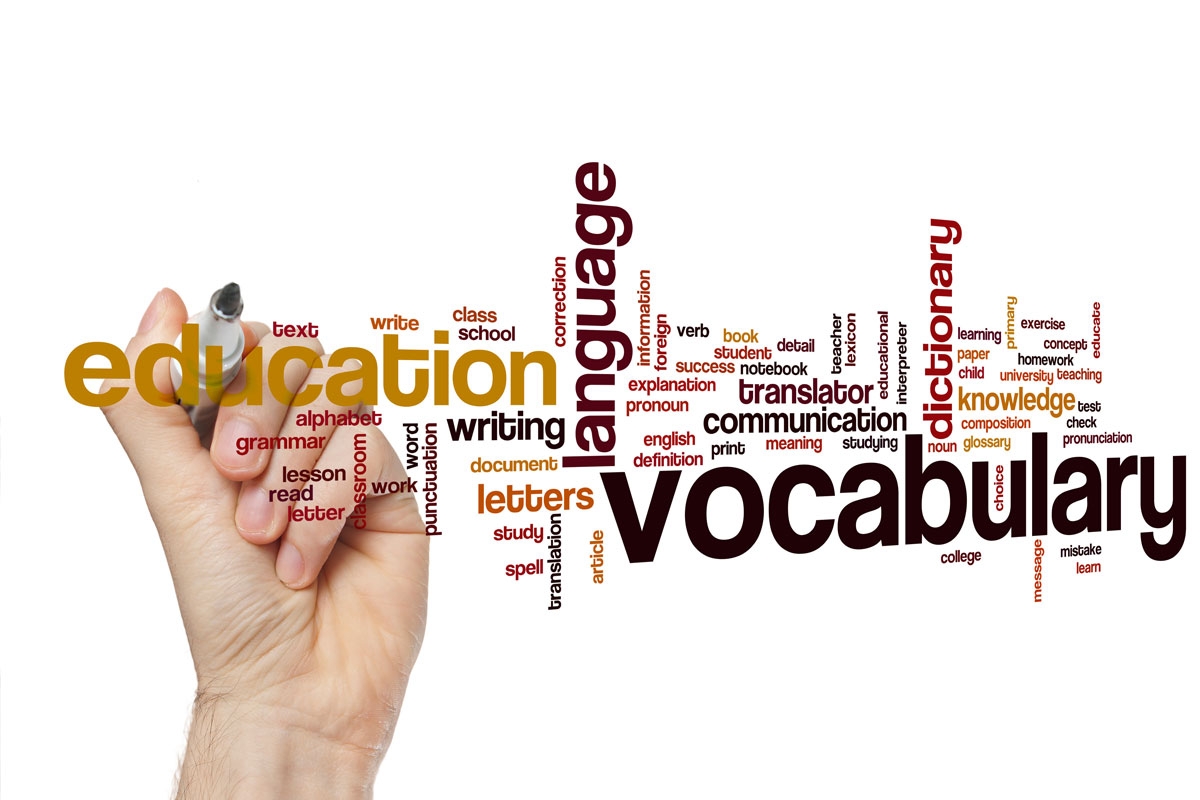 |
| Photo: Inlingua Washington DC |
How to Memorize Vocabulary – A Few Methods
1. Test yourself with a list.
If you're only studying a small number of words, write them down in a vertical list. Write the definition on the same line as each word, on the opposite side of the page. Test yourself by covering the definitions with a folder or book. Read each word aloud and say the definition, then slide the folder down to see whether you got it right.
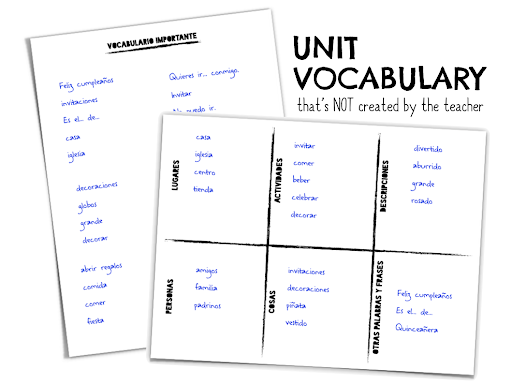 |
| Photo: Creative Language Class |
2. Memorize by writing or typing.
Write or type the word and the definition as many times as you can. Writing usually works better than typing. The muscle memory will help this stick, but keep in mind that this won't help your pronunciation or ability to use the word in a sentence.
3. Label everything in your house.
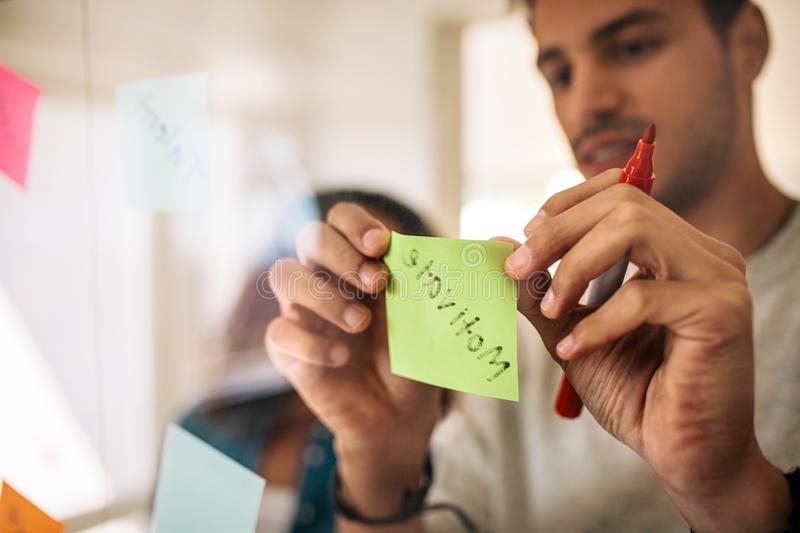 |
| Photo: Dreamstime |
If you're learning a foreign language, write the name of household objects on a sticky note, in that language. Over the next few days or weeks, say the name aloud each time you see or use that object. Every once in a while, take down the labels you no longer need and put more labels on other objects.
4. Make connections between the words and definitions.
You'll find it easier to remember a word if you connect it to something else in your mind. It doesn't matter how silly it is; you can use anything that will make you think of the definition, as cited by WikiHow.
For example, the word "thespian" means "actor." Think of an actor asked to play a spy, doing "the spying'."
This works for foreign languages as well, especially ones closely related to your own language. For example, the Spanish word "cine" means "movie theatre," just like "cinema" in English.
5. Use the flashcard:
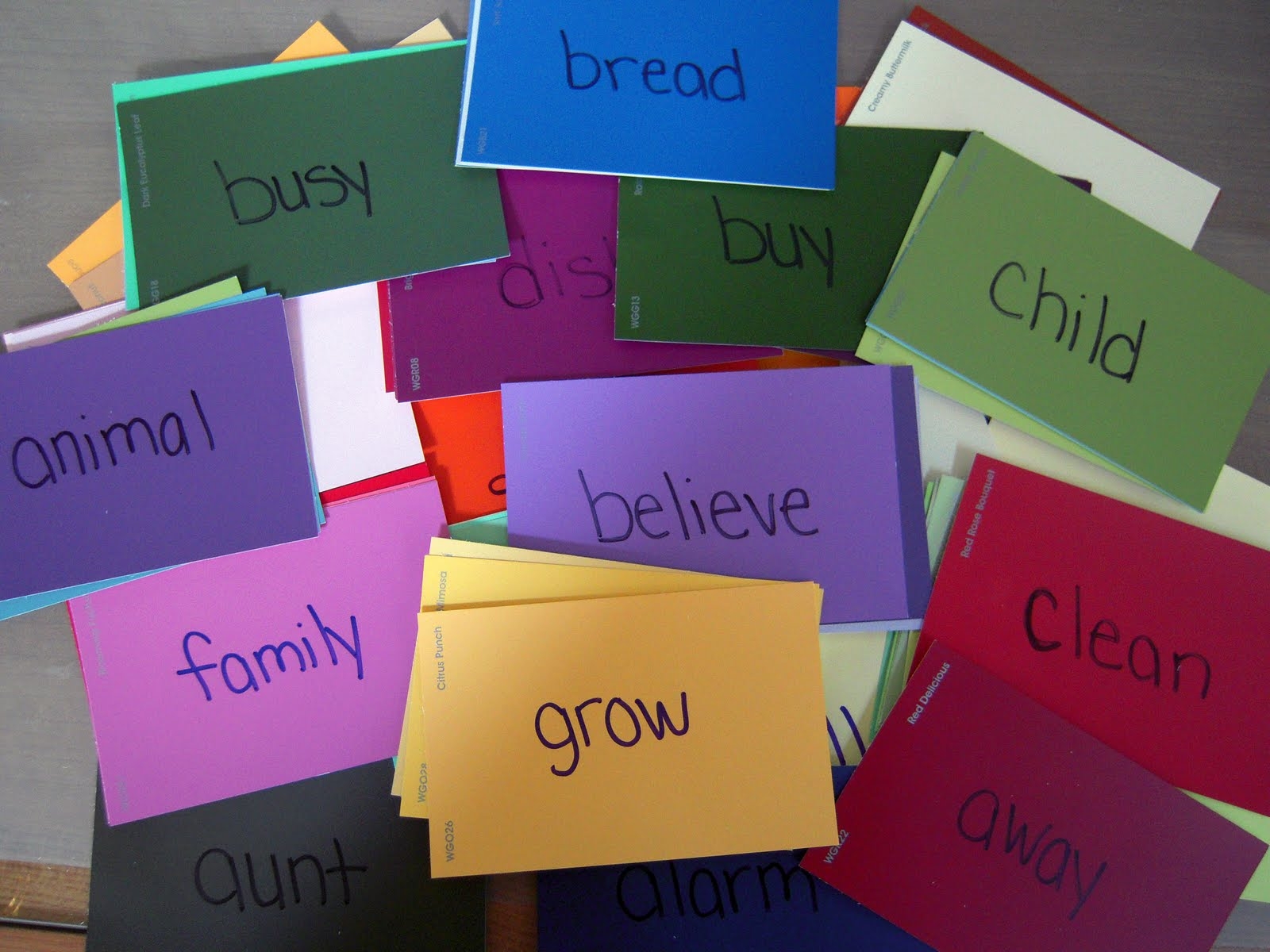 |
| Photo: Study Bubble |
Paper flashcards are easy to carry around, and writing by hand may help you memorize the words more than typing. On the other hand, you can't lose a phone app or online tool. Some flashcard software even lets you speak the words aloud, then writes the cards for you.
6. Create new sentences.
Write five sentences for each vocabulary word you're having trouble with. You'll get used to using it in a sentence and thus will be more likely to remember the word. If you need to memorize words in a certain order, write a story that uses the words in that order.
How to Memorize Vocabulary – A Few Tricks
Spaced repetition permits quick, effortless vocab memorization. But sometimes, certain words or phrases may seem harder to remember than others. In this case, turn to these strategies for help etching the words into your memory. Here are some tips and tricks about how to learn vocabulary.
Think about images
 |
| Photo: Momz Tutelage |
All of the big experts in memorization agree on one thing: to have a good memory, you must be able to make mental visualizations. If you have to remember information, try to associate it to an image. In language learning, it’s especially important to come up with mental images. If I have to remember the word “soleil” (French for “sun”), I’ll have an easier time if I associate the word with an image of the sun.
You want to come up with very specific images so that you can remember particular characteristics or nuances of meaning. An effective mental illustration should meet the following 4 criteria: exaggeration, movement, creative association and emotional reaction.
Movement
Our attention is better caught by things in movement than things that are static. That’s why images in movement are better recorded by our brain. If you want to remember the Spanish vocabulary word “coche” (car), think about a car racing down the street.
Exaggeration
A good mental image should be exaggerated so that its dimensions and proportions are not realistic, according to Mosa Lingua. If you want to remember the word for “foot,” you may think of an enormous foot stomping on grapes, or someone with on very hairy foot. Whatever you do, make it an unforgettable image.
Creative association
Groups of people and objects that you usually put together are considered routine, and they won’t be special or remarkable. But if you make creative and bizarre associations, they will have a better chance of sticking out in your mind. The new association pushes your brain to process the word, so this is quite a powerful trick. Some examples? To remember the word livre (book), think about a cat reading a book that he has open between his paws. It’s bizarre, but you won’t forget it!
Emotional reaction
It’s hard to forget people or places that you associate with intense emotion (this could be sadness, joy, fright, anger, etc.). We are often surprised by how well we remember insignificant details. You may go to work every single day and never notice the colour of the building’s walls. But if you are old enough, I’m sure you remember the events of September 11th well, including where you were when you got the news, who you were with, and other vivid details. That’s because it was an emotional experience.
 How to Sing Better: 7 Structural and Affordable Steps How to Sing Better: 7 Structural and Affordable Steps If you think you’re a bad singer, don’t worry, there’s still hope. In fact, you probably sound better than you think! Believe in yourself and ... |
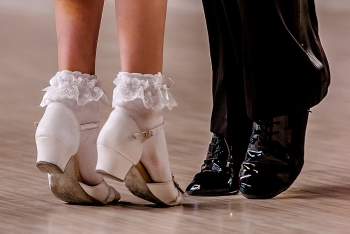 How to practice dancing as a beginner How to practice dancing as a beginner Finding ways to improve your dance skills can be really, really tough. In this article, we'll talk about several ways to practice dancing for a ... |
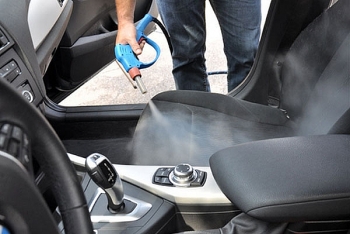 The Best Cleaning Tips That Make Your Car Like New The Best Cleaning Tips That Make Your Car Like New This article provides you several simple ways to get your car clean and looking almost brand new! Take a look! |

